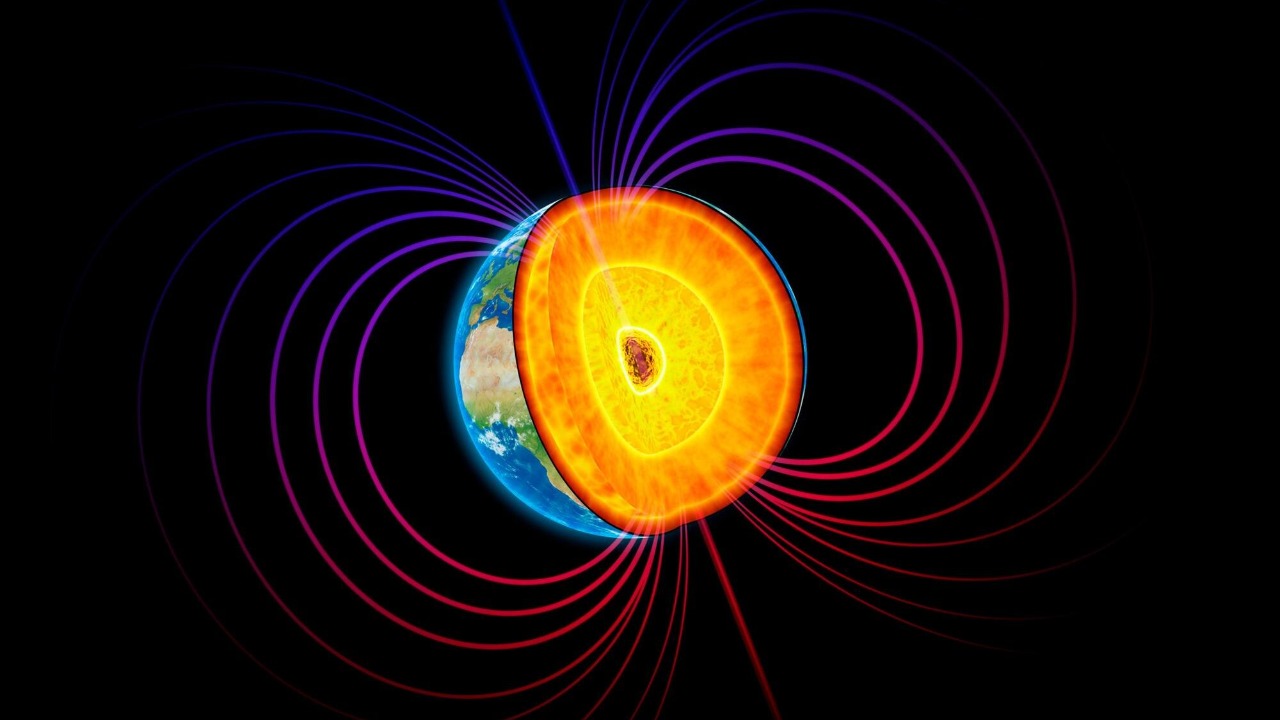
41,000 years ago, a cataclysmic event shook our planet and forever changed humanity’s path. The Earth’s magnetic field briefly collapsed, leaving life on Earth exposed to increased solar and cosmic radiation. This event, known as the Laschamp event, had profound implications for human evolution and development, shaping our species in ways we are only beginning to understand.
Understanding Earth’s Magnetic Field
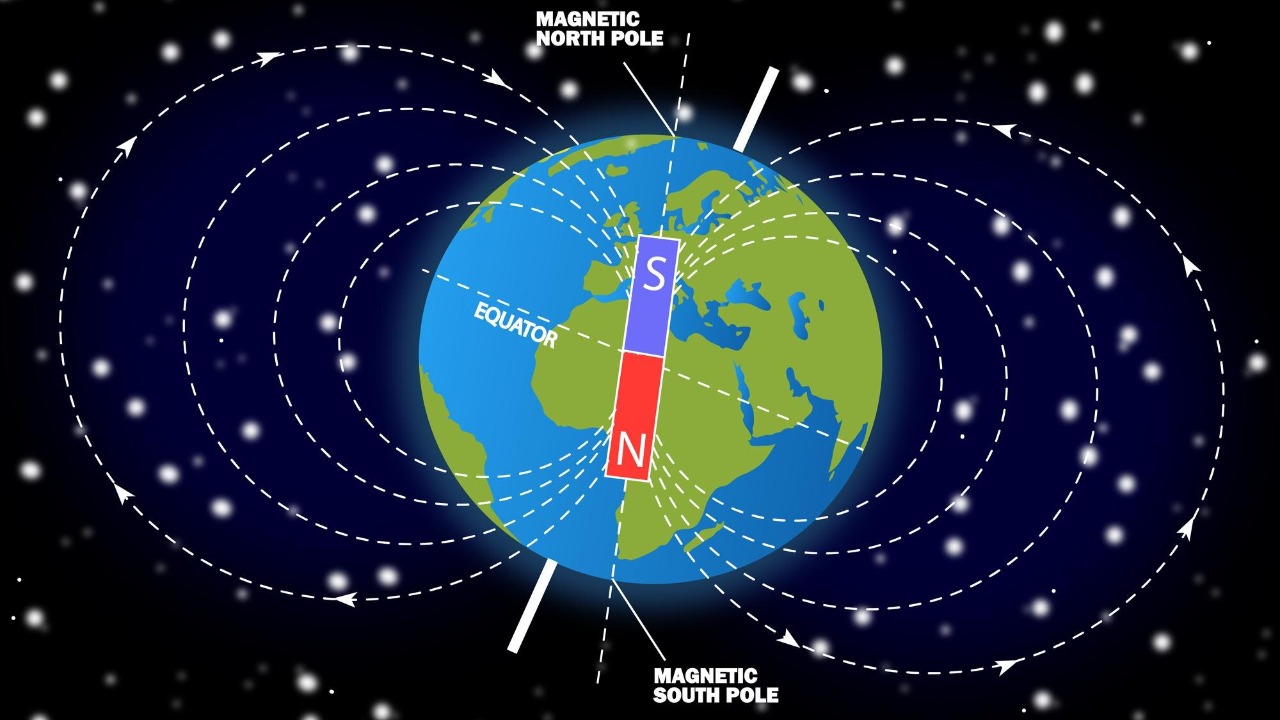
The Earth’s magnetic field is a protective shield, generated by the molten iron within Earth’s outer core. As the core convects, it generates electric currents which in turn produce a magnetic field. This invisible force field protects life on Earth from harmful solar and cosmic radiation. Without it, our planet would be bombarded with high-energy particles that could strip away the ozone layer, our only line of defense against deadly ultraviolet radiation from the Sun. For a deeper understanding, you can refer to the article on Geomagnetics.
However, this magnetic field is not static. It varies in strength and orientation, undergoing periodic reversals where the north and south magnetic poles switch places. These reversals, while infrequent on a human timescale, have occurred hundreds of times throughout Earth’s history.
The Laschamp Event: A Brief Collapse in Earth’s Magnetic Field
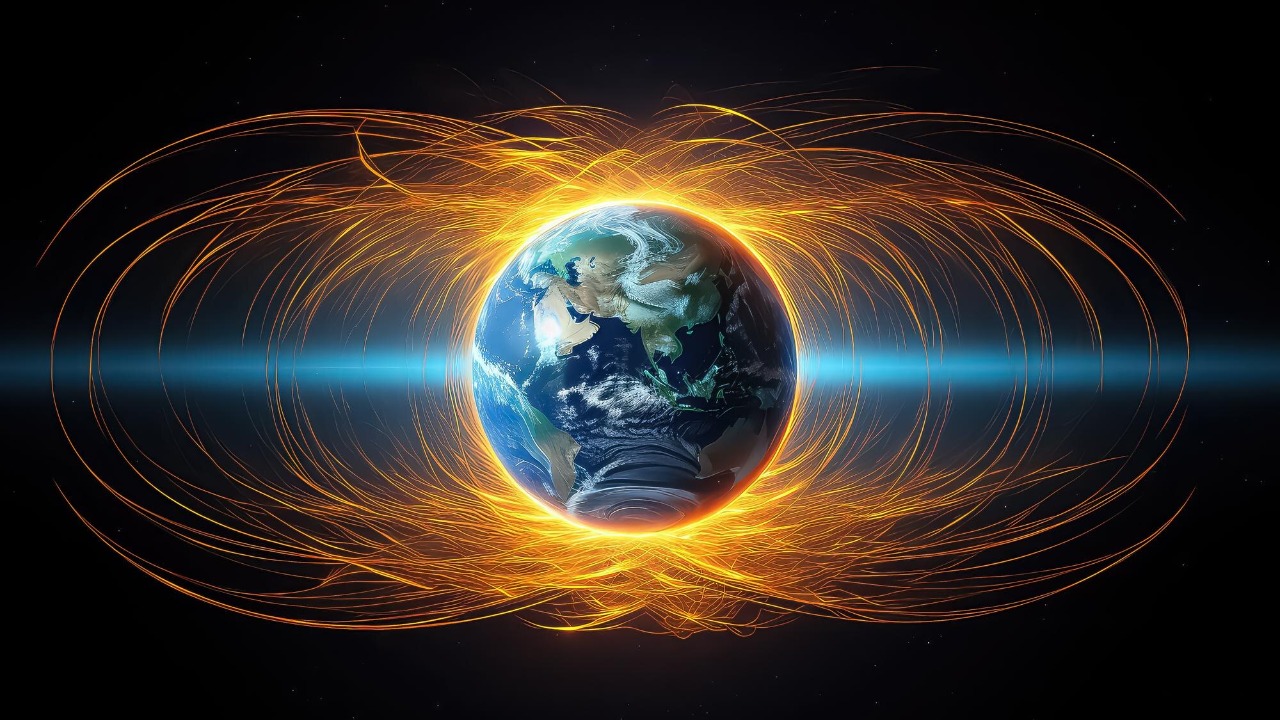
One such reversal occurred approximately 41,000 years ago, during a period known as the Laschamp event. During this time, Earth’s magnetic field weakened dramatically, dropping to just 5% of its usual strength. For a period lasting about 800 years, the magnetic poles flipped, with the magnetic north pole residing in the southern hemisphere and vice versa. This event is supported by various scientific theories and evidence, including studies of ancient lava flows and ice cores, which show a temporary change in the Earth’s magnetic field direction. For more detailed information, you can refer to this book.
The exact duration and intensity of the Laschamp event are still subjects of ongoing research, but it is clear that it had global implications, drastically changing the environment in which early humans lived.
Impacts on the Natural Environment
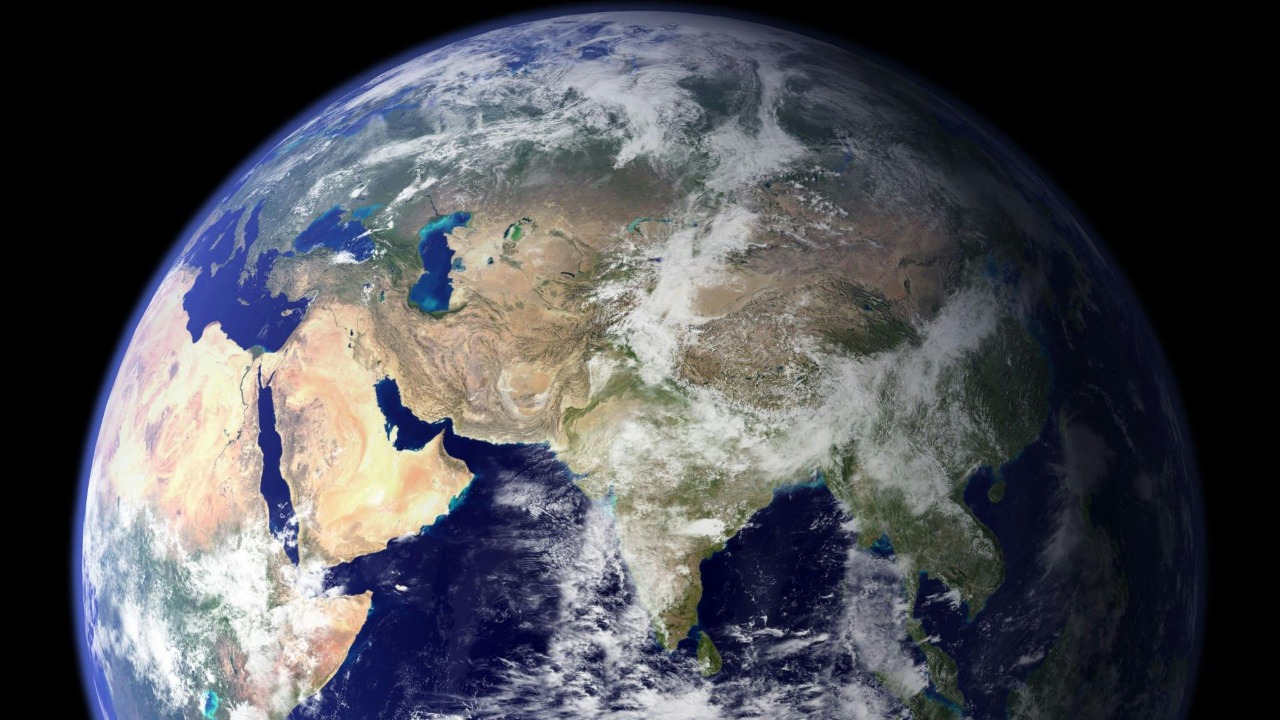
The collapse of the magnetic field likely had significant effects on the global climate, possibly triggering extreme weather events. The increased solar and cosmic radiation could have led to increased cloud cover and altered atmospheric circulation patterns, leading to dramatic shifts in temperature and precipitation. In turn, these climate changes could have caused widespread disruptions to ecosystems, leading to mass extinctions and spurring evolutionary changes among the surviving species.
Increased radiation exposure could have also led to genetic mutations, accelerating the pace of evolution and increasing biodiversity. This period of increased mutation could have been a crucible of evolutionary change, reshaping life on Earth in myriad ways. You can read more about it here.
The Human Experience During and After the Magnetic Field Collapse
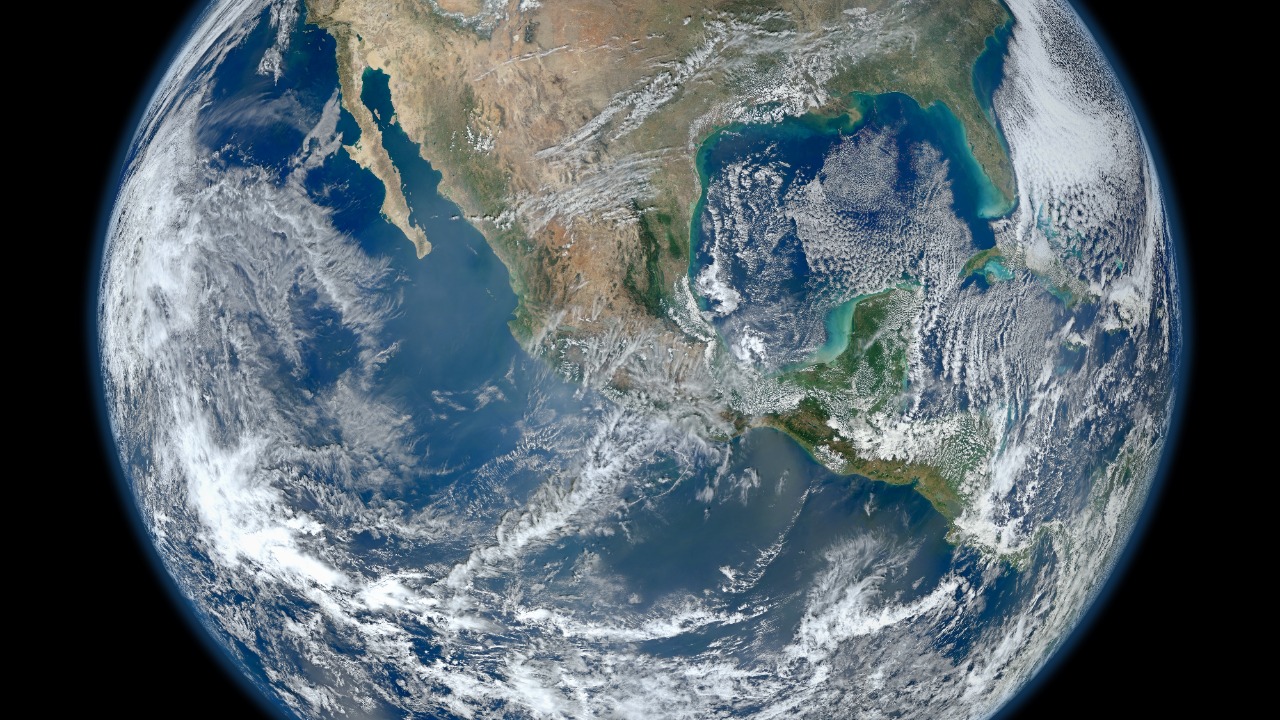
Early humans living during the Laschamp event would have been faced with a drastically changing environment. The collapse of the magnetic field could have led to increased ultraviolet radiation on the Earth’s surface, causing sunburns and potentially increasing the risk of skin cancers. However, this challenging period may also have spurred our ancestors to adapt and innovate.
The Laschamp event may have played a role in the evolution and migration of early humans. Some researchers speculate that the increased radiation could have triggered mutations that contributed to the evolution of Homo sapiens. Furthermore, the changing climate and environment could have driven human populations to migrate in search of more hospitable conditions.
Lessons for the Future: The Possibility of Another Magnetic Field Collapse
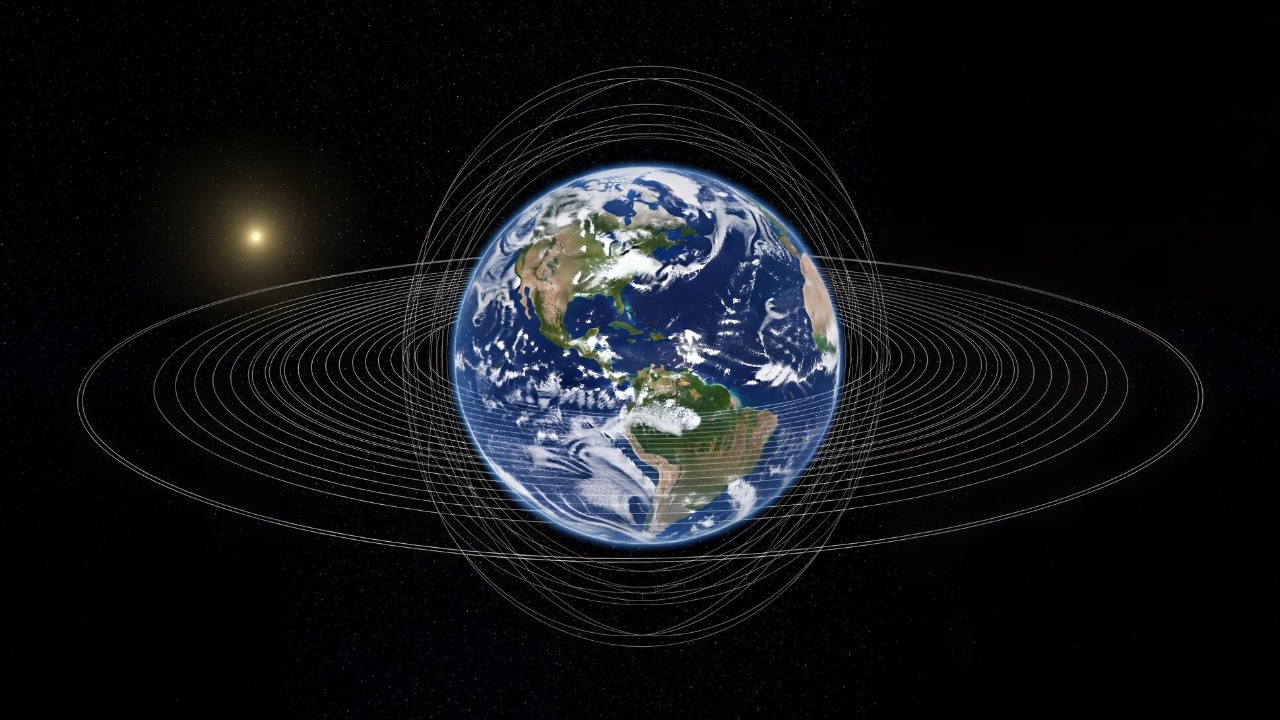
Could another magnetic field collapse occur in the future? Some scientists believe that we may be overdue for another magnetic pole reversal, as the last one occurred 780,000 years ago. Such an event could have serious consequences for modern society, potentially disrupting electrical grids and satellite communications. The health impacts of increased radiation exposure would also be a significant concern.
While we cannot prevent a magnetic field collapse, understanding the past can help us prepare for the future. By studying the Laschamp event and other magnetic field reversals, scientists hope to better predict when and how these events occur. This knowledge could inform efforts to protect our technology and health from the impacts of increased solar and cosmic radiation. For more detailed information, you can refer to this research paper.